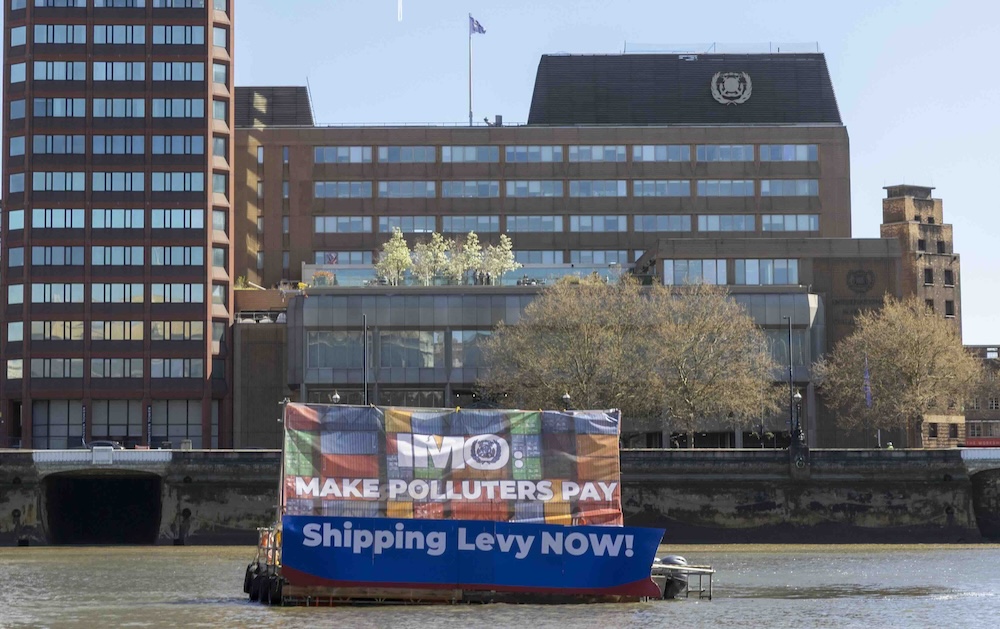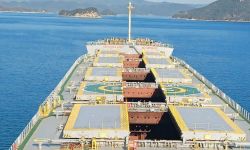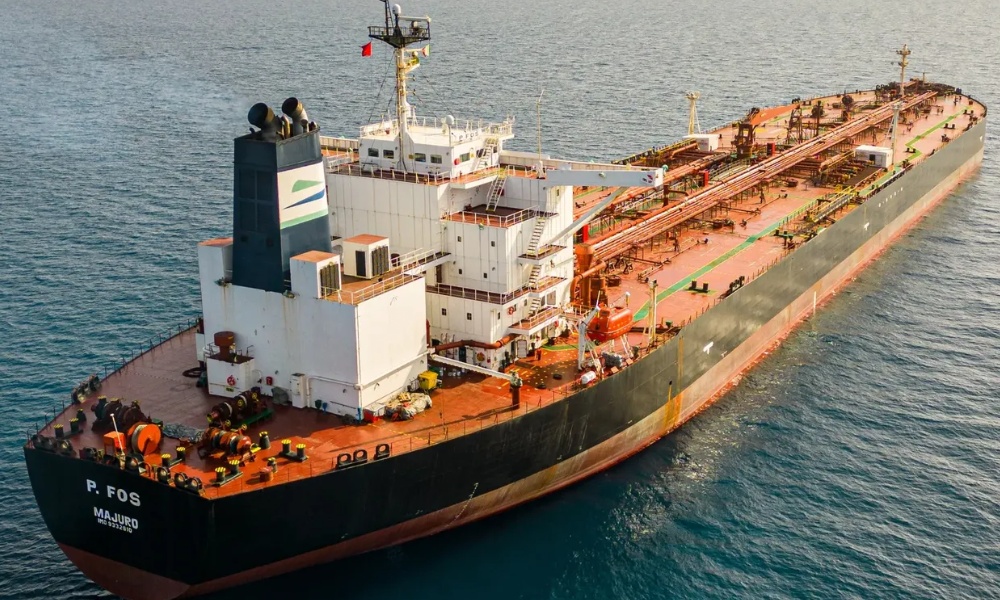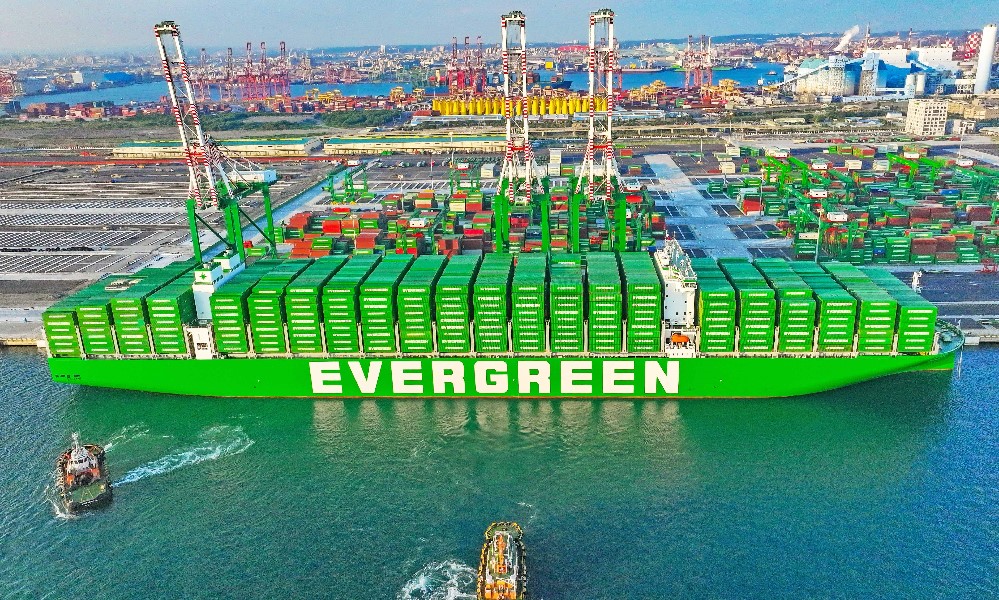Fredriksen and Greece’s top shipowners spearhead revolt against IMO’s Net Zero Framework
Source: Splash247
Some of the biggest names in world shipping are rallying against the International Maritime Organization’s (IMO) flagship Net-Zero Framework (NZF), just weeks before it comes up for adoption in October.
John Fredriksen’s Frontline, George Economou’s TMS Group, Evangelos Marinakis’s Capital Maritime & Trading, the Angelicoussis Group, and Saudi giant Bahri are among a powerful group of tanker and bulker interests warning that the deal, in its current form, risks imposing “excessive financial burdens” on the industry and consumers.
The revolt, also backed by Dynacom, Dynagas, Centrofin, GasLog, Hanwha Shipping, Seapeak and Stolt Tankers, adds to a mounting backlash that already includes outright rejection from the United States as well as cautionary messages coming from class societies ABS and DNV.
“As it stands, we do not believe the IMO NZF will serve effectively in support of decarbonising the maritime industry nor ensure a level playing field as intended,” the owners stated jointly to Reuters, calling for “critical amendments” before adoption.
Greek shipping minister Vassilis Kikilias echoed their concerns during the ongoing London International Shipping Week, telling IMO secretary-general Arsenio Dominguez that changes were essential.
Dominguez, however, struck a defiant tone in London, insisting he remained confident the framework would be adopted. “I base that on the track record of the organisation, on the co-operation that we all have, [and] the understanding that we still have some challenges and concerns,” he told delegates.
The Net-Zero Framework, tabled for adoption at next month’s extraordinary Marine Environment Protection Committee (MEPC) session, would introduce new carbon fees from 2027 as part of the IMO’s pledge to reach net-zero emissions by 2050.
In a surprise intervention, Christopher Wiernicki, the departing chairman and CEO of ABS, the third largest shipping classification society in the world, came out against IMO’s planned net zero framework earlier this week.
“Shipping and the IMO are on different trajectories. There is no clear pathway for green fuel availability and scalability and infrastructure support. LNG and biofuels are mission critical to any success and should not be overlooked, over penalised or discarded in the net zero regulation,” Wiernicki said at the launch in London of the 2025 ABS Sustainability Outlook. “Quite frankly,” he added, “achieving net zero for shipping by 2050 looks like a wildcard.”
The US, which walked out of April’s MEPC gathering, is now leaning hard on allies and rivals alike to reject the IMO deal. Washington has warned that nations pressing ahead with the proposed framework could face a battery of retaliatory measures – from tariffs and port levies to visa restrictions.
ABS’s Wiernicki, who will stand down from the American class society at the end of the year, yesterday called on the IMO to take a “timeout”.
“The industry needs a framework but we need one that marries ambition with reality,” he said. “The mechanics need to be thought through. Right now, we are not where we need to be. Emissions remain 121% above the 2008 baseline, compliance costs are compounding, and the signals shaping investment – regulation, fuel pricing, penalties, availability, scalability – are moving at different speeds,” the classification executive said, backing greater support for LNG as a bridging fuel.
“Getting closer to the 2030s, we need to protect the bridge, which is LNG with methane-slip controls and credible bio-/e-LNG pathways,” Wierniki said.
When rival class society echoed similar pro-LNG sentiment last week at the launch of its own maritime forecast through to 2050 report, it drew sharp criticism from Tristan Smith, professor of energy and transport at London’s UCL Energy Institute, who suggested DNV was trying to pressure the IMO to modify the net zero framework.
The Getting to Zero Coalition, which includes over 180 companies and many of the world’s largest, most prominent shipowners, came out with a call earlier this week to adopt the framework.
“Prolonged uncertainty could put very large investments—ones that will be critical for the future of global trade—at risk,” the companies said in a joint statement, adding: “The absence of global regulatory guidance will raise the costs of change in the long run—costs that the industry, countries, and consumers will bear.”
Many have warned that failure to agree next month would open the door to a patchwork of regional measures. “A failure to adopt the framework would create absolute investment uncertainty,” warned Patrick Verhoeven, managing director of the International Association of Ports and Harbors. “Achieving IMO’s net zero targets would become impossible,” he said at a conference in London earlier this week.
The October decision will require a two-thirds majority – 108 of the 176 IMO members that have ratified the relevant convention – if consensus cannot be reached.
The IMO rarely resorts to voting, but with positions hardening, a formal ballot looks increasingly likely, something that Splash will be reporting on next month.
The original article: belongs to Splash247 .




